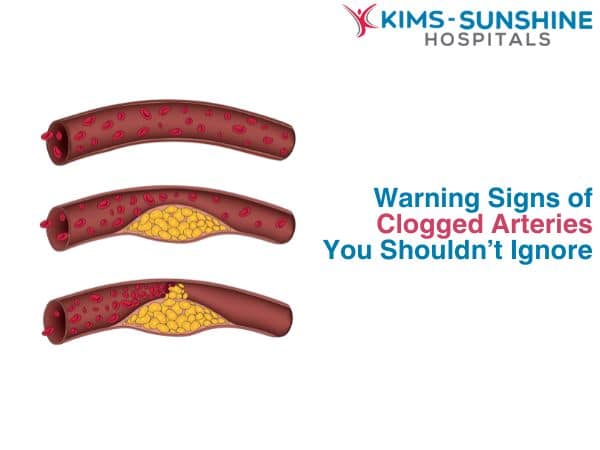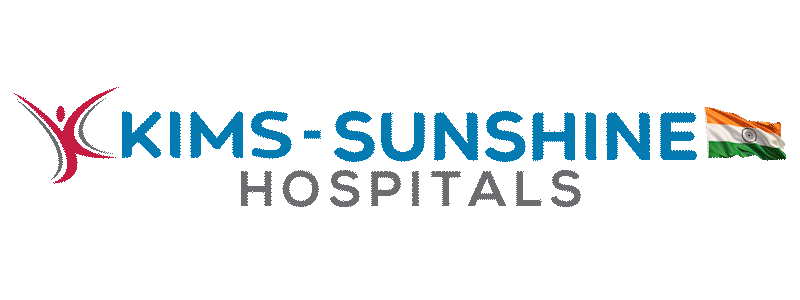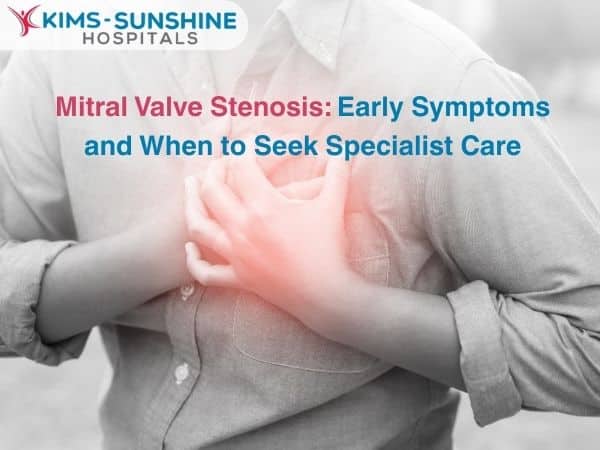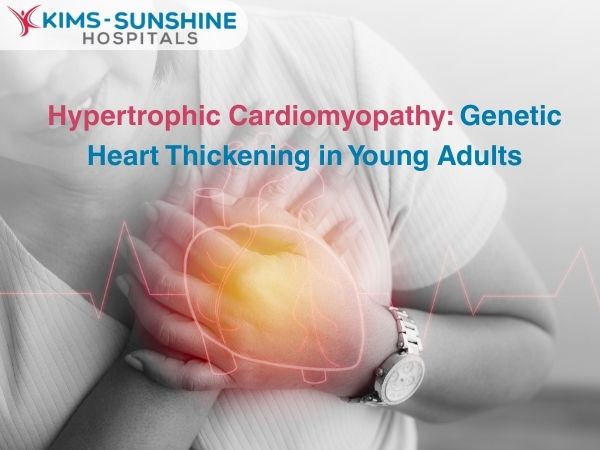
Warning Signs of Clogged Arteries You Shouldn’t Ignore
 Blood is an important crimson coloured fluid that needs to get transported properly all over your body, so that cells get oxygen and the nutrients they need to survive. Blood as a fluid is made of multiple fractions, all of which travel together in blood vessels, like highways in your body. Typically, these blood vessels or highways are called arteries, veins and capillaries and they allow good flow of blood without any issue. But, when there is an excessive buildup of fatty substances like lipids, plaques form- think of a plaque as a mesh of materials that congeal and don’t allow blood to pass through with ease, leaving cells deficient of oxygen and other important substances. If cells go without oxygen for a few minutes in any part of the body, cell death can be observed, and these changes are especially drastic, if the clot is near the brain, heart, lungs or other important areas.
Blood is an important crimson coloured fluid that needs to get transported properly all over your body, so that cells get oxygen and the nutrients they need to survive. Blood as a fluid is made of multiple fractions, all of which travel together in blood vessels, like highways in your body. Typically, these blood vessels or highways are called arteries, veins and capillaries and they allow good flow of blood without any issue. But, when there is an excessive buildup of fatty substances like lipids, plaques form- think of a plaque as a mesh of materials that congeal and don’t allow blood to pass through with ease, leaving cells deficient of oxygen and other important substances. If cells go without oxygen for a few minutes in any part of the body, cell death can be observed, and these changes are especially drastic, if the clot is near the brain, heart, lungs or other important areas.
Early Warning Signs Of Clogged Arteries
Think of arteries as the main highways in which oxygen rich blood flows to all parts of the body. Clots or plaques that are made of fatty substances can fill up valuable arterial space, reducing blood flow. This is called an occlusion (or blockage) and treatment approaches depend on how severe the occlusion is. Sometimes, an artery may be half blocked, or completely blocked and show slightly different symptoms due to where the artery is located.
If it is near the heart (the coronary artery), then
- You may have chest pain or radiating pain from the chest to the arm on the left
- Jaw pain is common too
- You may not be able to breathe freely
- You may feel faint
- You may sweat a lot, suddenly
If it is near the brain (cerebral artery), then you may have symptoms that mimic a stroke- like slurring your words, not being able to smile, one side of your face may droop, you may fall or faint.
If the occlusion is in the limbs, then you may notice swollen feet or hands. If it is near the eyes, then you may not be able to see properly.
In general, if you notice that your hands and feet are way colder than before or if you have severe back pain, then you should get it checked by a doctor, ASAP!
What Are The Risk Factors For Artery Blockage?
Some common risk factors include smoking, not getting enough exercise on a regular basis, eating a lot of junk food and being overweight respectively. Making poor dietary choices is the number one cause, after having genes that cause heart disease.
Best Medical Tests To Detect Clogged Arteries
Doctors have a lot of tech available at their disposal, to check for clogged arteries. Some of the most common tests include having an ECG (Electrocardiogram), an echocardiogram, catheterisation, having a coronary artery calcium scan, a stress test to check if the heart is functioning properly even with intense activity and other blood tests which detect specific enzymatic markers.
Conclusion
Common foods that help prevent clogged arteries are all those which are deemed healthy – like fresh fruits, vegetables (eaten in multiple servings), whole grains, lean protein, good quality dairy and healthy fat sources and not using a lot of processed foods everyday. After diagnosis, depending on how your symptoms are, you may be offered some sort of treatment. These treatment options for clogged arteries without surgery include statins, antiplatelet drugs, anticoagulants or blood thinners, beta blockers, ACE inhibitors and calcium channel blockers- most of which allow arterial walls to relax, reduce blood pressure and allow better blood flow. Making definite changes to your daily routine with respect to food and exercise can greatly help reduce the need for medication, though if your symptoms are bad, drugs can be beneficial too. If nothing works, then you may have to get a surgery done- where a catheter is threaded into the artery and it breaks the clot up. Whatever the approach, your doctor should be able to come up with the best solution for your problem.






